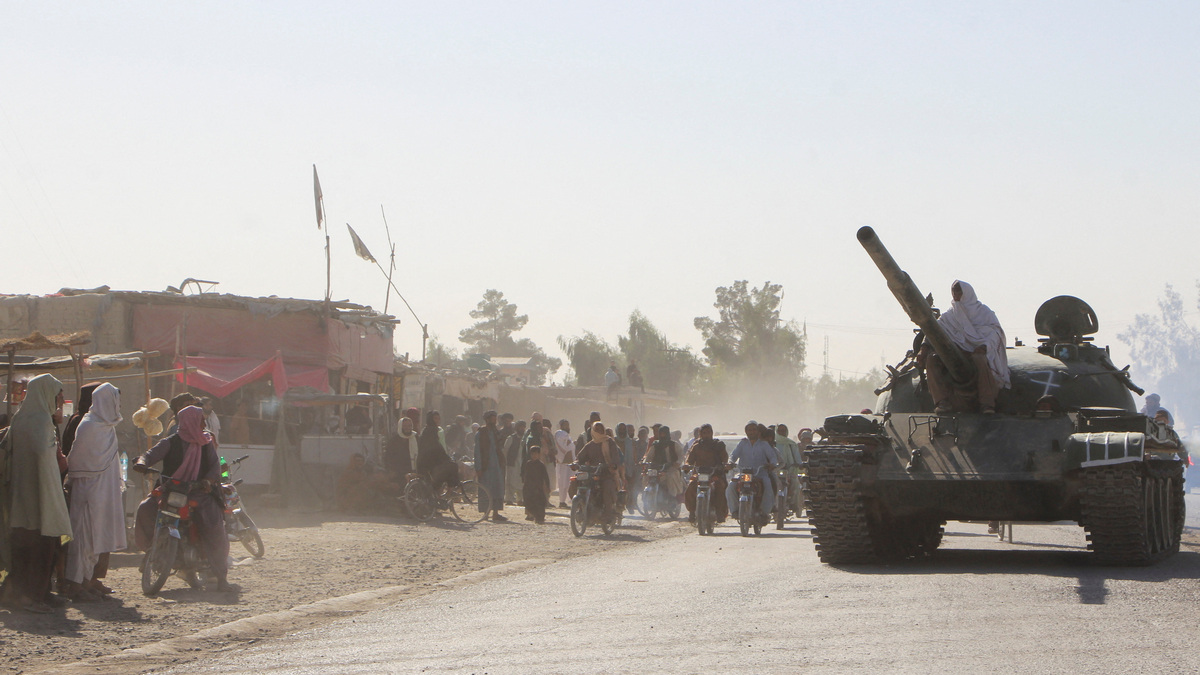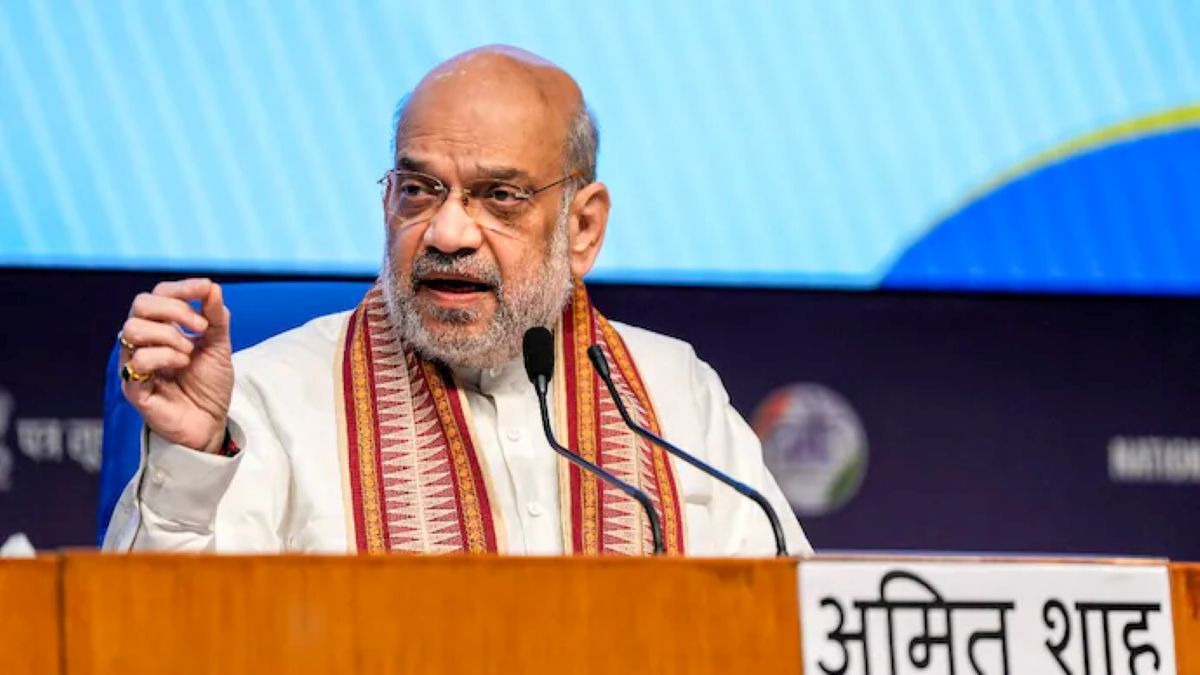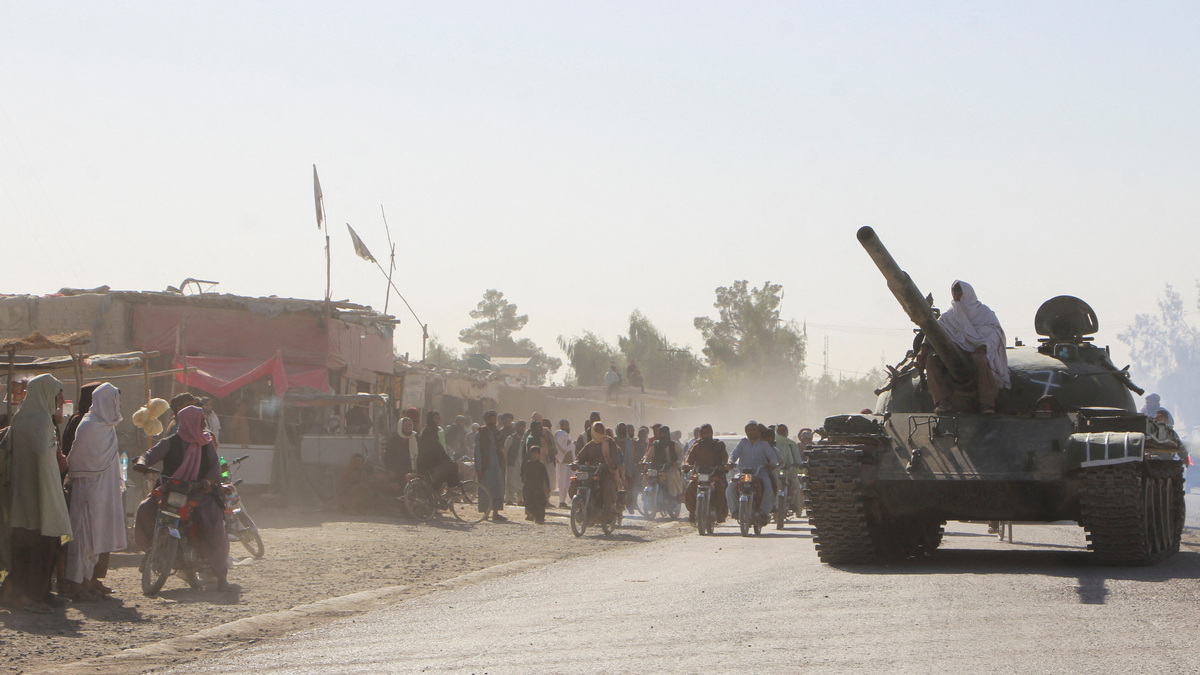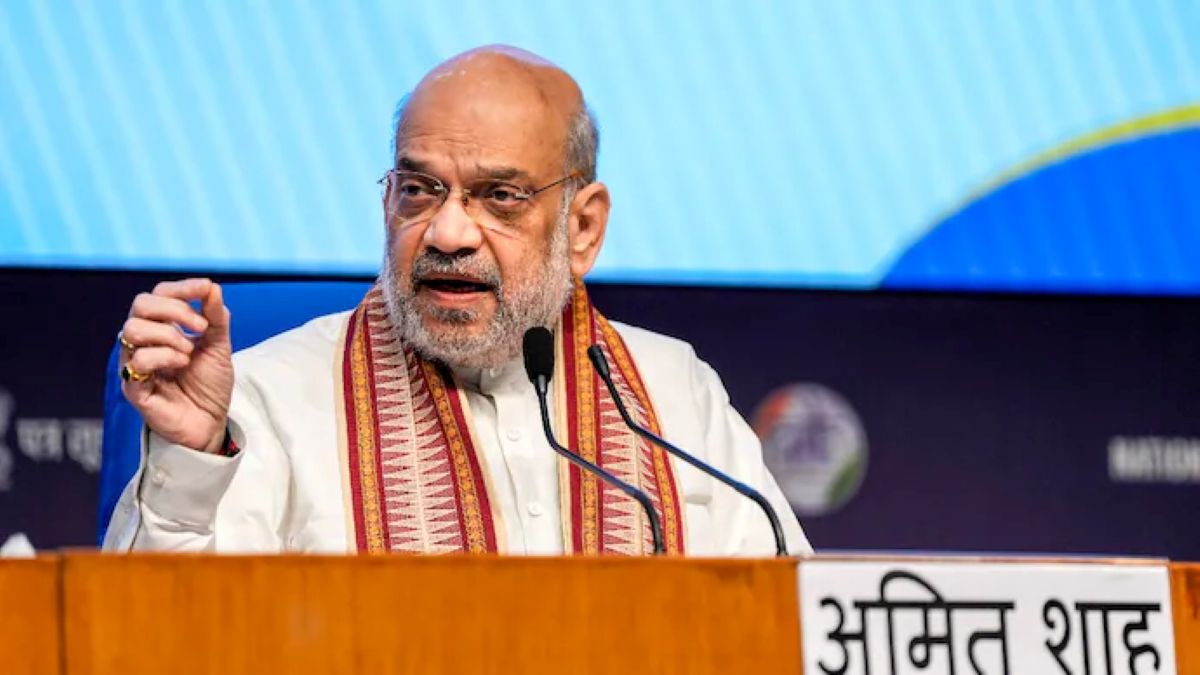India is debating the method of execution for death row convicts. The Supreme Court is hearing a public interest litigation (PIL) seeking to provide an alternative to death by hanging.
The top court on Wednesday (October 15) noted the Centre’s resistance to evolving on the matter after the government said giving the option of lethal injection as a mode of execution to death row convicts may not be “very feasible”. India is among some dozens of countries that still use capital punishment.
Here’s a look.
Lethal injection vs hanging
The Supreme Court observed that the Centre appeared hesitant to replace hanging with lethal injection to execute death row convicts.
A bench of Justices Vikram Nath and Sandeep Mehta was hearing a plea seeking the end of the method of hanging from the statute. The PIL called for introducing “less painful” alternatives such as lethal injection, shooting, electrocution, or the gas chamber.
As per PTI, senior advocate Rishi Malhotra, who filed the petition, told the apex court that the condemned prisoner should at least be given an option to choose between hanging and lethal injection as a mode of execution.
“I will demonstrate that the best way is lethal injection because 49 out of 50 states in the USA have adopted lethal injection,” Malhotra said.
The petition argued that execution by hanging is “extremely painful, inhuman and cruel,” as the prisoner’s body keeps lingering on the rope for around 40 minutes.
Advocate Malhotra also stated that death by hanging violated the right to life and dignity under Article 21, which courts have interpreted to include the right to a dignified death, reported India Today.
He said that administering lethal injection was, on the other hand, “quick, humane and decent”.
The Central government has expressed reluctance to put an end to hanging as a method for death row convicts. Senior advocate Sonia Mathur, who appeared for the Centre, told the Supreme Court, “This is also addressed in the counter that this may not be very feasible to give an option”.
Justice Mehta noted, “The problem is that the government is not ready to evolve over the period of time… Things have changed over a period of time”.
He asked the counsel representing the Centre to advise the government on the petition seeking an option for the death row convict.
The top court will hear the matter again on November 11.
In the past, the Centre has supported only hanging to death as the execution method, claiming that other options like lethal injections and firing were not less painful. It said that death by hanging was “quick, simple” and devoid of anything that would “unnecessarily sharpen the poignancy of the prisoner”.
The Centre’s counsel told the apex court they would seek instructions on the status of the committee that the government earlier said it was setting up to review methods of execution.
How many countries have the death penalty?
More than 70 per cent of the countries around the world have abolished capital punishment in law or practice, as per the Death Penalty Information Center.
However, the death penalty remains legal in around 50 countries. These include India, the United States, China, Afghanistan, Bangladesh, Iran, Iraq, Pakistan, Japan, Saudi Arabia, and Thailand, among others.
In 2024, China, Iran, Saudi Arabia, Iraq and Yemen carried out the highest executions, as per Amnesty International’s figures.
“China remained the world’s leading executioner – but the true extent of its use of the death penalty is unknown as this data is classified as a state secret; the global figure of at least 1,518 excludes the thousands of executions believed to have been carried out there,” the organisation said.
Last year, at least 2,087 death sentences were reported in 46 countries. Globally, 28,085 people were believed to be under sentence of death at the end of 2024.
The number of executions also increased last year, despite many countries abolishing the use of capital punishment. The organisation recorded 1,518 executions in 15 countries in 2024, a 32 per cent surge from 2023.
Amnesty International had recorded 1,153 known executions globally in 2023, up from 883 the previous year.
The Human Rights Watch and the Middle East Democracy Center said in August that Saudi Arabia has been carrying out an “unprecedented surge in executions” this year.
At least 241 people were executed as of August 5, 2025, in the West Asian country, according to the international human rights organisation Reprieve. It also warned that the number of executions in 2025 would surpass all previous records if executions continued at the same rate.
Countries that recently scrapped death penalty
In January, Zimbabwe became the latest country to abolish the death penalty.
Malaysia scrapped the death penalty for 11 offences that do not cause death, including kidnapping and certain firearm crimes, in April 2023. Ghana’s parliament voted to abolish the death penalty in July 2023.
Six countries abolished the death penalty, fully or partially, in 2022. Of these, Kazakhstan, Papua New Guinea, Sierra Leone and the Central African Republic scrapped it completely.
Which methods of execution are being used?
As per Amnesty International, beheading, hanging, lethal injection, shooting and nitrogen gas asphyxiation were used for executions last year.
Saudi Arabia is the only country known to use beheading as a method of execution even today.
In March 2025, a South Carolina man, convicted for the killing of his ex-girlfriend’s parents, became the first US death row inmate to be executed by firing squad in the last 15 years.
Lethal injection, electrocution, hanging and nitrogen gas are also used as methods of execution in the US.
The lethal injection usually consists of three chemicals — sodium pentotal (an anaesthetic), pancuronium bromide (which paralyses the prisoner) and potassium chloride (which stops the heart.
Besides the US, this method is widely used by China and Vietnam.
Many Asian and African nations, including Afghanistan, Bangladesh, Botswana, India, Iran, Iraq, Japan, Kuwait, Malaysia, Nigeria, South Sudan and Sudan, use hanging as a method of capital punishment.
Shooting squads are legal in China, Indonesia, North Korea, Saudi Arabia, Somalia, Taiwan and Yemen to execute prisoners.
With inputs from agencies


)

)
)
)
)
)
)
)
)



